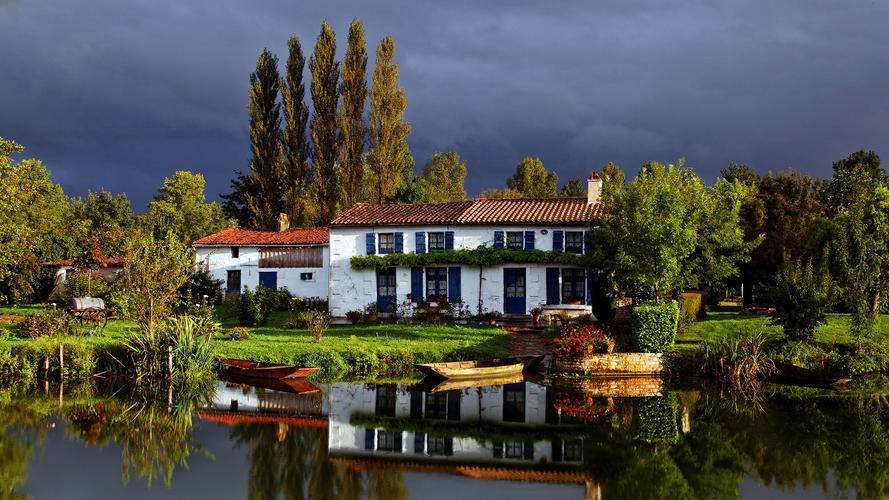The Significance of Ghanaian Cultural Norms in Shaping Society Today
Ghanaian cultural norms have been an integral part of shaping the country’s society for centuries. These norms have a deep effect on the way Ghanaians think, behave and interact with each other. From the simplest everyday customs to the most complex cultural practices, Ghanaian culture has influenced every aspect of society.
One of the most significant ways in which Ghanaian cultural norms shape modern-day society is through its emphasis on community. In Ghanaian culture, family and community are of utmost importance. Ghanaians prioritize the collective over the individual, emphasizing communal support and responsibility. This value is reflected in the Ghanaian saying “Ubuntu,” which means “I am because we are.” This cultural norm has a powerful impact on the shaping of Ghanian society, as it promotes social cohesion and encourages collective efforts towards a common goal.
Another essential cultural norm in Ghana is its respect for authority and hierarchy. This societal value is deeply ingrained in Ghanaian culture, as elders are highly revered and respected. The Ghanaian culture also places a tremendous amount of importance on education, as it is seen as a vital tool for upward social mobility. Respect for authority and education has helped shape Ghanaian society into one that values discipline, order, and structure.
The Ghanaian culture’s emphasis on hospitality and generosity is yet another aspect that has shaped the country’s society. Hospitality is an essential part of Ghanaian culture, and Ghanaians are known for their warmth and friendliness towards visitors. This cultural norm is reflected in Ghanaian social gatherings, where guests are treated with special consideration, and their comfort is of utmost priority. This contemporary aspect of Ghanaian culture promotes social harmony and a sense of community, further contributing to the shaping of Ghanaian society.
Finally, the sense of spirituality that pervades Ghanaian culture plays a fundamental role in shaping the country’s society. Christianity and Islam are the dominant religions in Ghana, with indigenous beliefs still prevalent in many parts of the country. Religion plays a central role in the daily lives of Ghanaians, with religious customs and practices deeply ingrained in the society’s collective conscious. The spiritual aspect of Ghanaian culture promotes a sense of morality, which contributes to the shaping of Ghanian society into one that aims to promote human dignity, respect, and social justice.
In conclusion, Ghanaian cultural norms are significant in shaping Ghanaian society today. The emphasis on community, respect for authority, education, hospitality, and spirituality are essential aspects of Ghanaian culture that have shaped the country’s society into one that values social cohesion, discipline, order, and morality. By embracing and celebrating these cultural norms, Ghanaians can create a vibrant, dynamic and socially just society that can stand tall among the nations of the world.
(Note: Do you have knowledge or insights to share? Unlock new opportunities and expand your reach by joining our authors team. Click Registration to join us and share your expertise with our readers.)
Speech tips:
Please note that any statements involving politics will not be approved.
